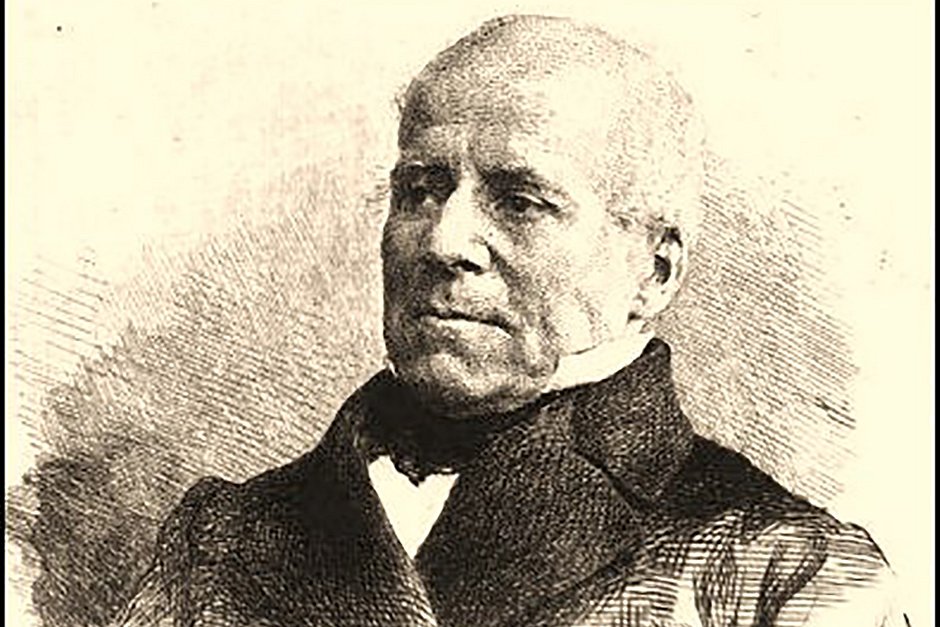
This political show trial has now begun at the supreme court of the Spanish central state in Madrid. The trial is scheduled to last several weeks, and numerous witnesses will be questioned. The accused are Catalan politicians who committed the crime of questioning Catalonia's compulsory membership of the Spanish central state and of asking the other Catalans in a referendum whether they shared the same opinion. The Attorney General's Office is requesting prison sentences of up to 25 years. And before the trial began, the president of the central state court told journalists with a great deal of confidence that he and his fellow judges now wanted to prove to the whole world that Spain is governed by the rule of law and has a completely independent judiciary.
Yes, you read correctly: this legal system is “independent.” This is said by judges who are employed by one of the two parties to the dispute, who receive their wages transferred each month to their private bank accounts from one of the two parties to the dispute, who also receive an employer's contribution to their pension assets each month from the same party to the dispute, and have done so for many years and will continue to do so until they retire. In view of this, to speak of independence is, to put it mildly: remarkable; or less mildly: a lie and an attempt to to take people for idiots.
Of course, if the central state judges were to be reproached for this lie, they would have an elegant excuse to hand; an excuse that has been trotted out to people by the state courts for about 300 years and which everyone has long since given up thinking about, namely the excuse of the separation of powers: the state power, this narrative goes, is not uncontrollably concentrated in a single organization, but divided into various powers, namely the legislative, executive and judicial branches. These Latin foreign words make it sound very solemn and serious. Once a little thinking is applied, however, it becomes a veritable joke.
Let’s test and compare: suppose you are in a dispute with a large company, for example a pharmaceutical company, whose drugs have caused you health problems. You want to take them to court. The company now agrees to submit to a court decision, but demands that the judges be appointed exclusively from among its employees and that the rules applicable to the case also be issued by it. In response to your objection that this could not be meant seriously, the pharmaceutical company now explains to you in all seriousness that it has set up a so-called ‘separation of powers’ in its corporate structure; the employed judges and the employed legislators are accommodated in separate departments and are therefore completely independent of the rest of the company, above all from the strong executive headquarters. A complete joke, isn't it?
Or another test: How would the court in Madrid react if the defendants applied for the dispute to be judged by the supreme Catalan court and according to purely Catalan law?
Translated from eigentümlich frei, where the original article was published on April 7th 2019.




